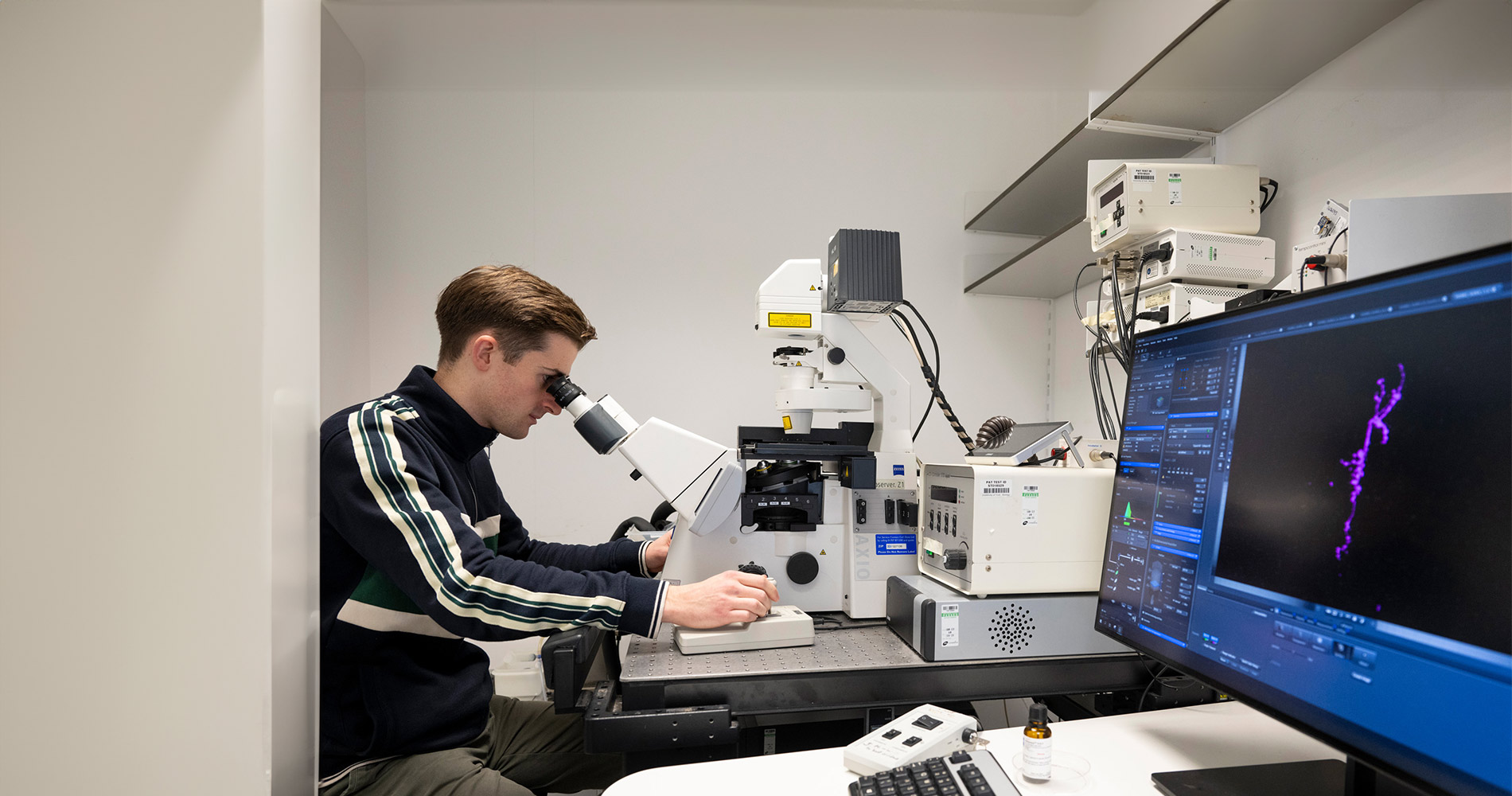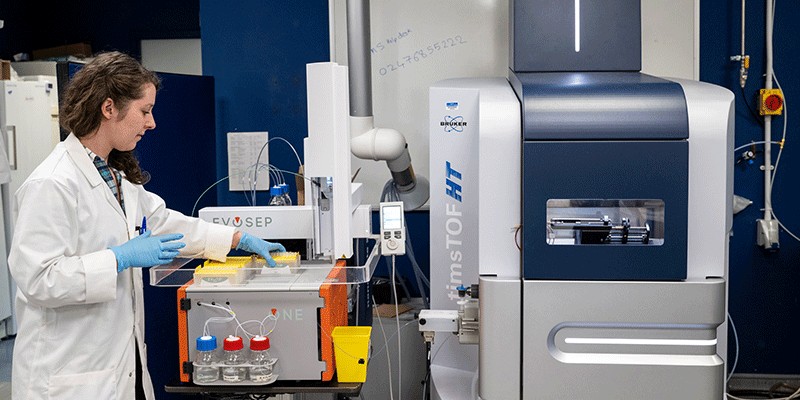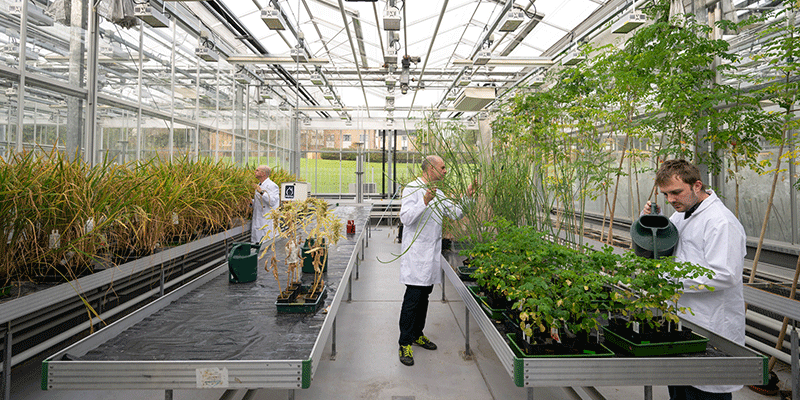Our postgraduate research degrees cover the whole spectrum of modern biological disciplines, from field ecology to protein structure, and have an integrated approach to biology.
Why study biology at York?
The Biology buildings at York are a hive of activity, drawing in researchers in the biological sciences from across the University. We'll be there to support you and the research you do with us. We'll provide the academic support and advice you'll need as you develop as a researcher.
All of our postgraduate training is research-oriented, and we have excellent facilities with easy access to the latest equipment and expert advice in our Bioscience Technology Facility.
As a research student in the Department of Biology, you'll benefit from a balanced programme of training in broader research-related skills designed to enhance your career prospects.



